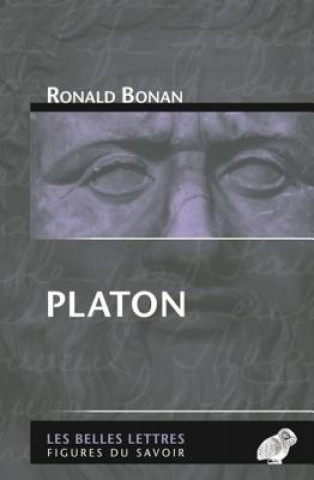
Kód: 12538590
Platon
Autor Ronald Bonan
Some view Plato (428/427 BC - 348/347 BC) as the disciple who betrayed his master Socrates, others as someone who could have been a Sophist but would have failed to resolve debates, or even as the advocate of a “world of ideas” in ... celý popis
- Jazyk:
 Francúzština
Francúzština - Väzba: Brožovaná
- Počet strán: 238
Nakladateľ: Les Belles Lettres, 2014
- Viac informácií o knihe

Mohlo by sa vám tiež páčiť
-

ROM'o Le Chien
12.68 € -
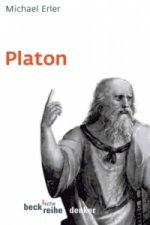
Platon
15.31 € -
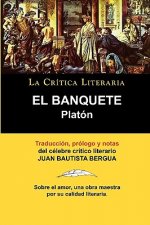
Platon
20.79 € -

Big Game Hunting in the Himalayas and Tibet
43.42 € -

Pro Swift
69.51 € -

Challenger's Hope
13.89 € -

Statistics with Power
162.77 €
Darujte túto knihu ešte dnes
- Objednajte knihu a vyberte Zaslať ako darček.
- Obratom obdržíte darovací poukaz na knihu, ktorý môžete ihneď odovzdať obdarovanému.
- Knihu zašleme na adresu obdarovaného, o nič sa nestaráte.
Viac informácií o knihe Platon
Nákupom získate 68 bodov
 Anotácia knihy
Anotácia knihy
Some view Plato (428/427 BC - 348/347 BC) as the disciple who betrayed his master Socrates, others as someone who could have been a Sophist but would have failed to resolve debates, or even as the advocate of a “world of ideas” in which idealism’s divagations originated, or ultimately as a reactionary aristocrat opposed to democracy’s vulgarities. In short, people may wish to “overthrow Plato,” but such a tenacious vow is offset by the significance of his philosophy, which was not only ground-breaking, but encyclopaedic in scope. The power behind Ronald Bonan’s book is that he managed to find a way for us to embrace its consistency, and to show how the search for humanity’s greatest virtues required, according to Plato, abstracting values from every form of contestation by basing them upon the absolute, thus joining the ethical aim to the seeking of absolutely true knowledge. To the Socratic idea that “to know good is to do good,” Plato added a philosophy of ideas which made Good intelligible while inferring its entire scale of values. Since this is no simple task, Ronald Bonan demonstrates the challenges stemming from this Platonic institutional act: the status of Truth, the prospect of attaining it (or not) through scientific means, the nature of our errors to which our wanderings correspond, and the thorny status of non-being. Before occupying all of Western metaphysics, such difficulties had already thrust Platonism into a crisis and given rise to highly speculative dialogues aimed at overcoming them. Convinced of the philosopher’s political destiny, Plato placed all such problems in the framework of the Polis, which he believed to be humankind’s most effective educational tool (paideia). Therefore politics, no more than ethics, can be separated from ontology. The book thus points out the scientific, ethical and political ramifications of metaphysical theories, before concluding with thoughts on Plato’s posterity and on the main thrusts of his legacy.
 Parametre knihy
Parametre knihy
Zaradenie knihy Knihy po francúzsky SCIENCES HUMAINES ET SOCIALES, LETTRES
27.19 €
- Celý názov: Platon
- Autor: Ronald Bonan
- Jazyk:
 Francúzština
Francúzština - Väzba: Brožovaná
- Počet strán: 238
- EAN: 9782251760797
- ISBN: 2251760792
- ID: 12538590
- Nakladateľ: Les Belles Lettres
- Hmotnosť: 245 g
- Rozmery: 190 × 125 × 16 mm
- Dátum vydania: 14. October 2014
Obľúbené z iného súdka
-
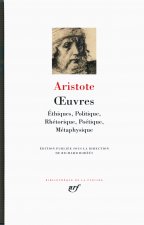
Œuvres
90.31 € -
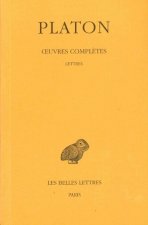
Platon, Oeuvres Completes: T. XIII, 1re Partie: Lettres
40.68 € -

Plotin, Enneades: Tome VI, 1re Partie: 6e Enneade (I-V).
42 € -
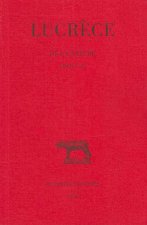
Lucrece, de La Nature. Tome I: Livres I-III
40.68 € -

Hermes Trismegiste, Corpus Hermeticum. Tome I: Poimandres - Traites II-XII
60.78 € -

Platon, Oeuvres Completes: Tome IV, 1re Partie: Phedon.
40.68 € -

Plotin, Enneades: Tome I: 1re Enneade.
61.89 € -
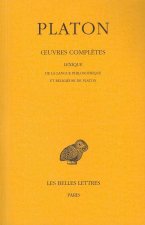
Platon, Oeuvres Completes: Tome XIV: Lexique de La Langue Philosophique Et Religieuse de Platon
65.95 € -
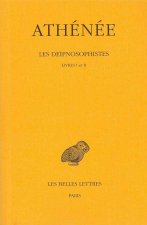
Athenee, Les Deipnosophistes
61.89 € -
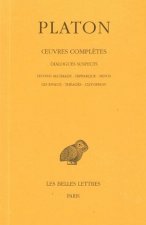
Platon, Oeuvres Completes: Tome XIII, 2e Partie: Dialogues Suspects (Second Alcibiade - Hipparque - Minos - Les Rivaux - Theages - Clitophon)
40.68 € -

Plotin, Enneades: Tome II: 2e Enneade.
42 € -
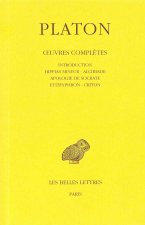
Platon, Oeuvres Completes: Tome I: Introduction.- Hippias Mineur. - Alcibiade. - Apologie de Socrate. - Euthyphron. - Criton
51.34 € -

Plotin, Premiere Enneade
18.46 € -
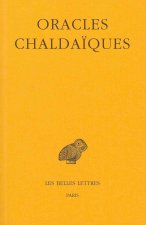
Oracles Chaldaiques: Avec Un Choix de Commentaires Anciens: Psellus, Proclus, Michel Italicus.
67.68 € -

Platon, Protagoras: .
17.95 € -
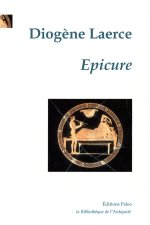
EPICURE
28.30 € -

Lysias, Discours: Tome II: XVI-XXXV. - Fragments.
40.68 € -
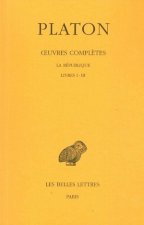
Platon, Oeuvres Completes: Tome VI: La Republique, Livres I-III
51.34 € -
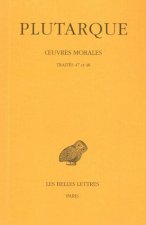
Plutarque, Oeuvres Morales: Tome X: Traites 47 Et 48. - Dialogue Sur L'Amour. - Histoires D'Amour.
44.54 € -

Platon, Le Banquet
16.63 € -
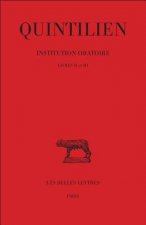
Quintilien, Institution Oratoire. Tome II: Livres II-III
59.26 € -
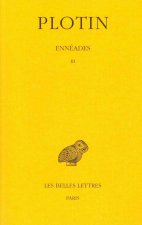
Plotin, Enneades: Tome III: 3e Enneade.
40.68 € -

Porphyre, de L'Abstinence: Tome I: Introduction. - Livre I.
40.68 € -
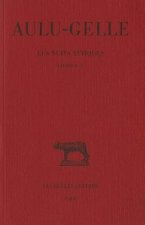
Aulu-Gelle: Les Nuits Attiques, Tome II: Livres V-X
42 € -
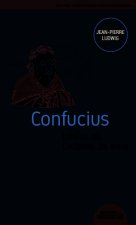
Confucius, l’idéal de l’homme de bien
12.07 € -
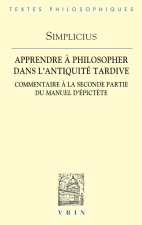
Apprendre à philosopher dans l'Antiquité tardive
34.09 € -

Commentateurs antiques
30.64 € -
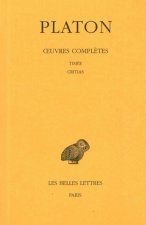
Platon, Oeuvres Completes: Tome X: Timee. - Critias
79.15 € -
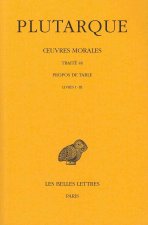
Plutarque, Oeuvres Morales: Tome IX, 1ere Partie. Traite 46. - Propos de Table (Livres I-III).
40.68 € -

Plutarque, Oeuvres Morales: Tome IX, 2e Partie: Traite 46. Propos de Table (Livres IV-VI)
40.68 € -

Aulu-Gelle, Les Nuits Attiques. Tome IV: Livres XVI-XX
61.89 € -

Pensées pour moi-même
27.19 € -
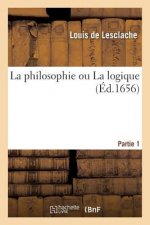
La Philosophie Ou La Logique Partie 1
34.29 € -

Longin, Rufus, Fragments. Art Rhetorique
78.13 € -
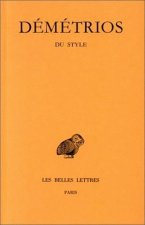
Demetrios, Du Style
61.89 € -
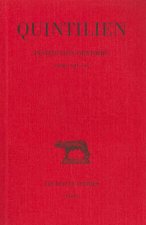
Quintilien, Institution Oratoire. Tome V: Livres VIII Et IX
51.34 € -

Aulu-Gelle, Les Nuits Attiques. Tome III: Livres XI-XV: Livres XI-XV
51.34 € -

L'âme comme livre
78.13 € -
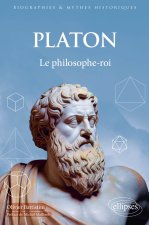
Platon
32.97 € -

Libre comme une déesse grecque
13.28 € -
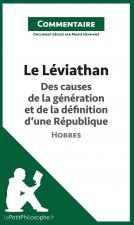
Le Leviathan de Hobbes - Des causes de la generation et de la definition d'une Republique (Commentaire)
16.02 € -
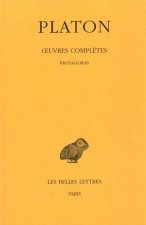
Platon, Oeuvres Completes: Tome III, 1re Partie: Protagoras
35.31 € -

Proclus, Commentaire Sur Le Parmenide de Platon. Tome III: 1re Partie Introduction - 2e Partie Livre III
153.53 € -

Ciceron, Discours: Pour Sextus Roscius
40.68 € -

Discours de la corruption dans la Grèce classique
93.25 € -

Alcee, Sapho, Fragments
56.21 € -
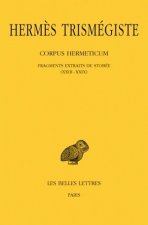
Hermes Trismegiste, Corpus Hermeticum: Tome III: Fragments Extraits de Stobee I-XXII.
58.44 € -
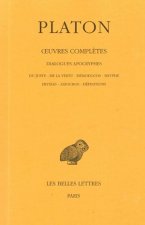
Platon, Oeuvres Completes: T. XIII, 3e Partie: Dialogues Apocryphes (Du Juste - de La Vertu - Demodocos - Sisyphe - Eryxias - Axiochos - Definiti
40.68 € -

Les Penseurs de la Grece, Histoire de la Philosophie Antique
52.05 €
Osobný odber Bratislava a 2642 dalších
Copyright ©2008-24 najlacnejsie-knihy.sk Všetky práva vyhradenéSúkromieCookies



 21 miliónov titulov
21 miliónov titulov Vrátenie do mesiaca
Vrátenie do mesiaca 02/210 210 99 (8-15.30h)
02/210 210 99 (8-15.30h)